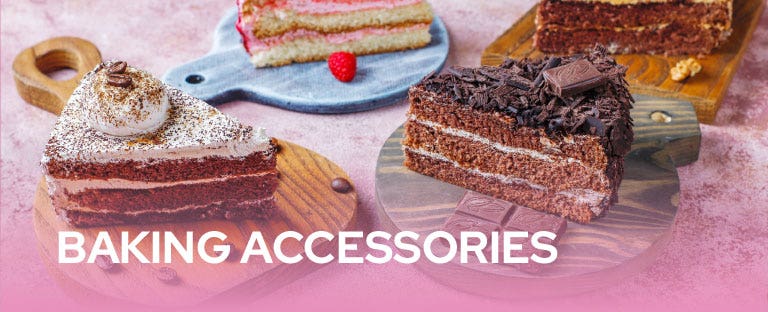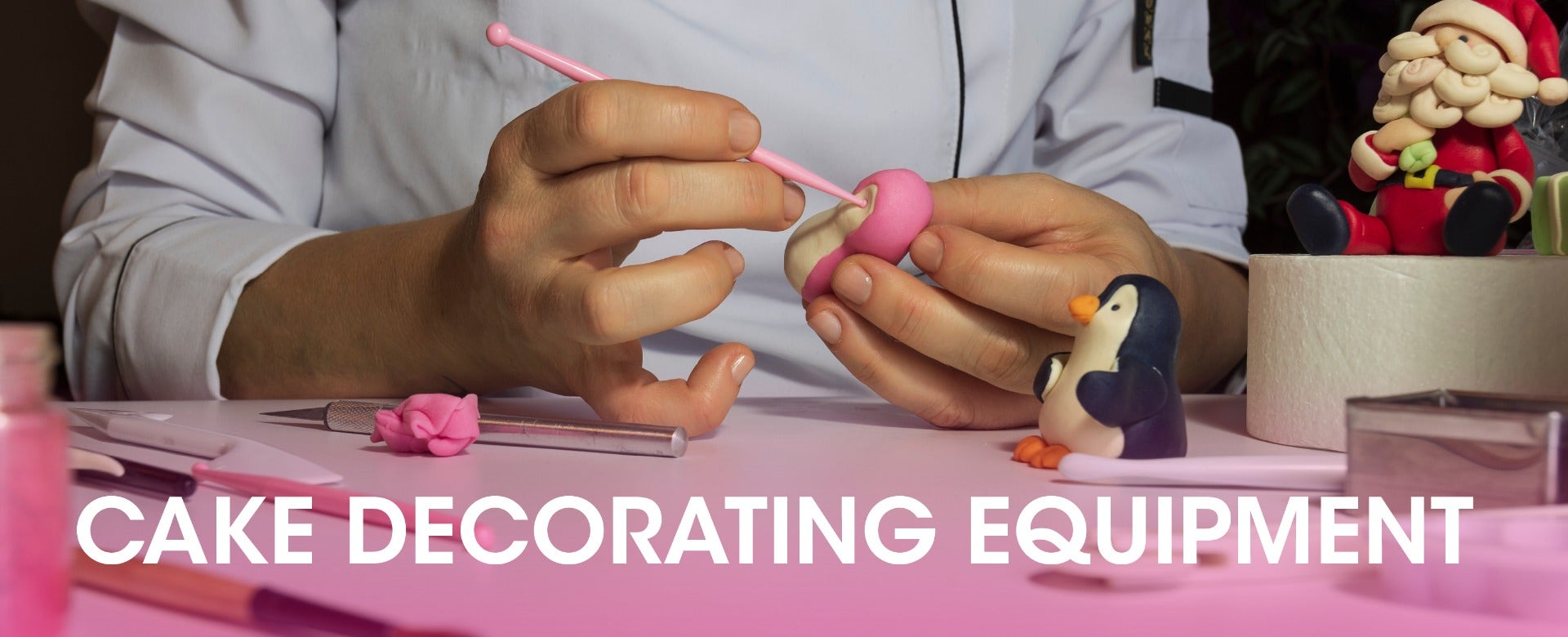We use cookies to improve your experience of this website by remembering your usage preferences, collecting statistics, error reports and targeting relevant content. If you continue to use this site we’ll assume you’re happy to receive all cookies. Learn more.
*** Free Shipping on UK Orders Over £50 [see details] ***






























